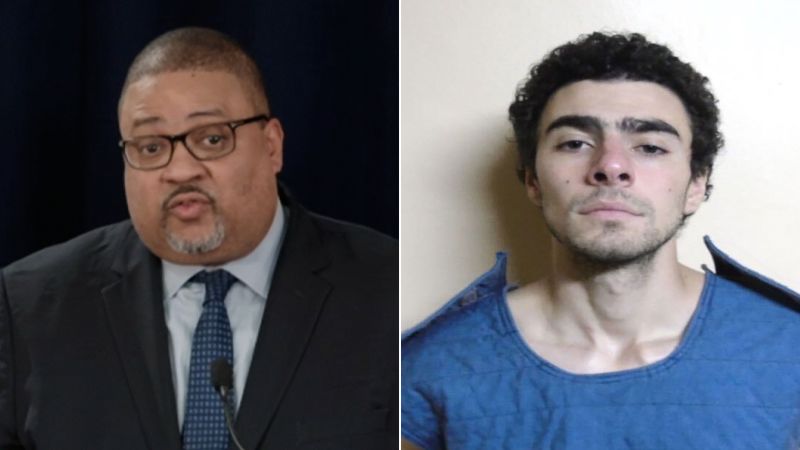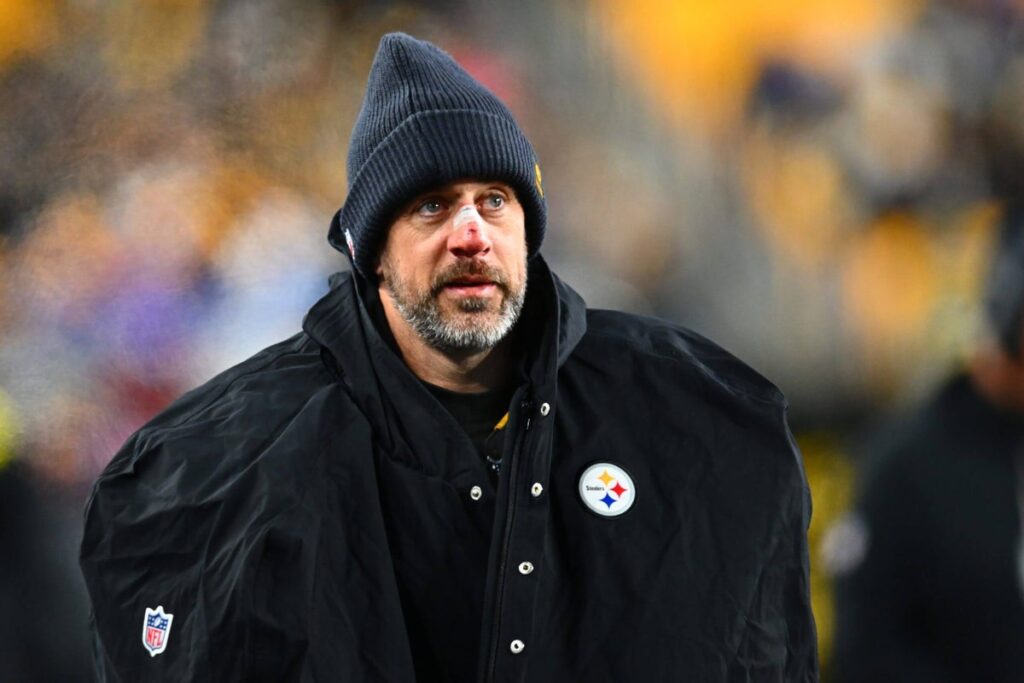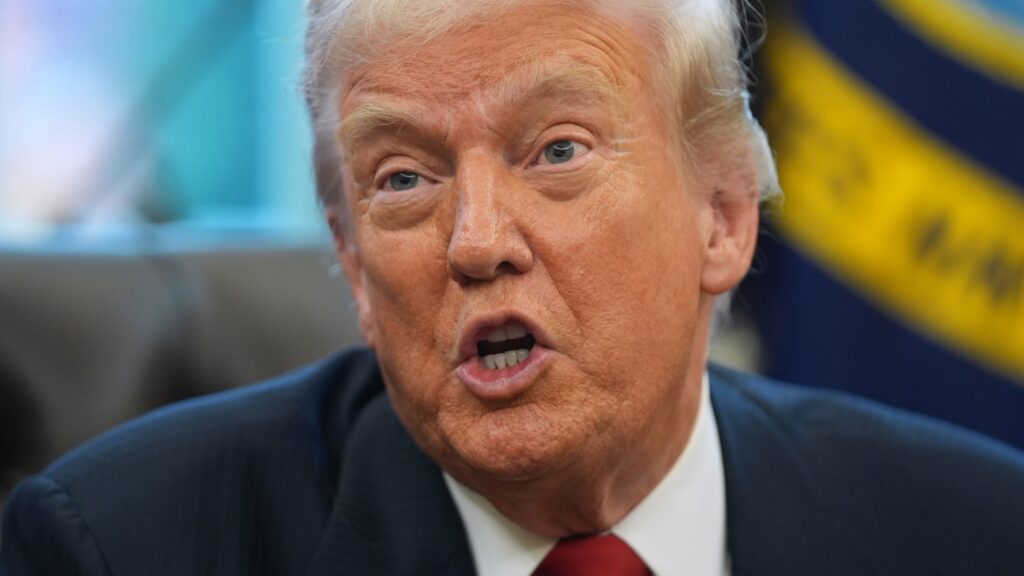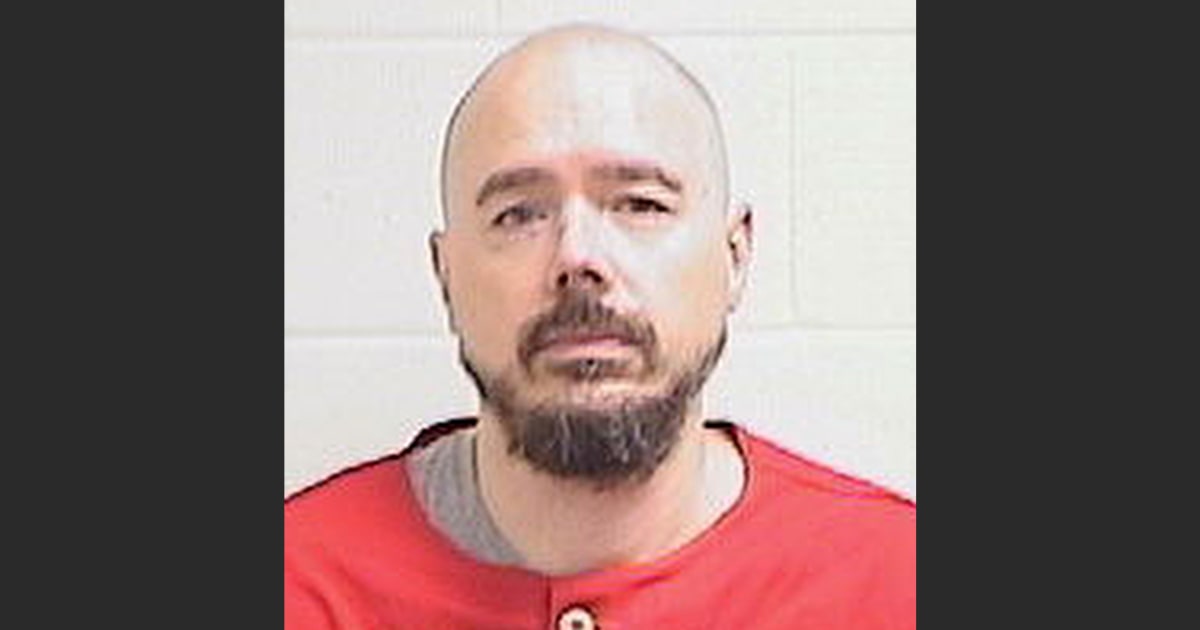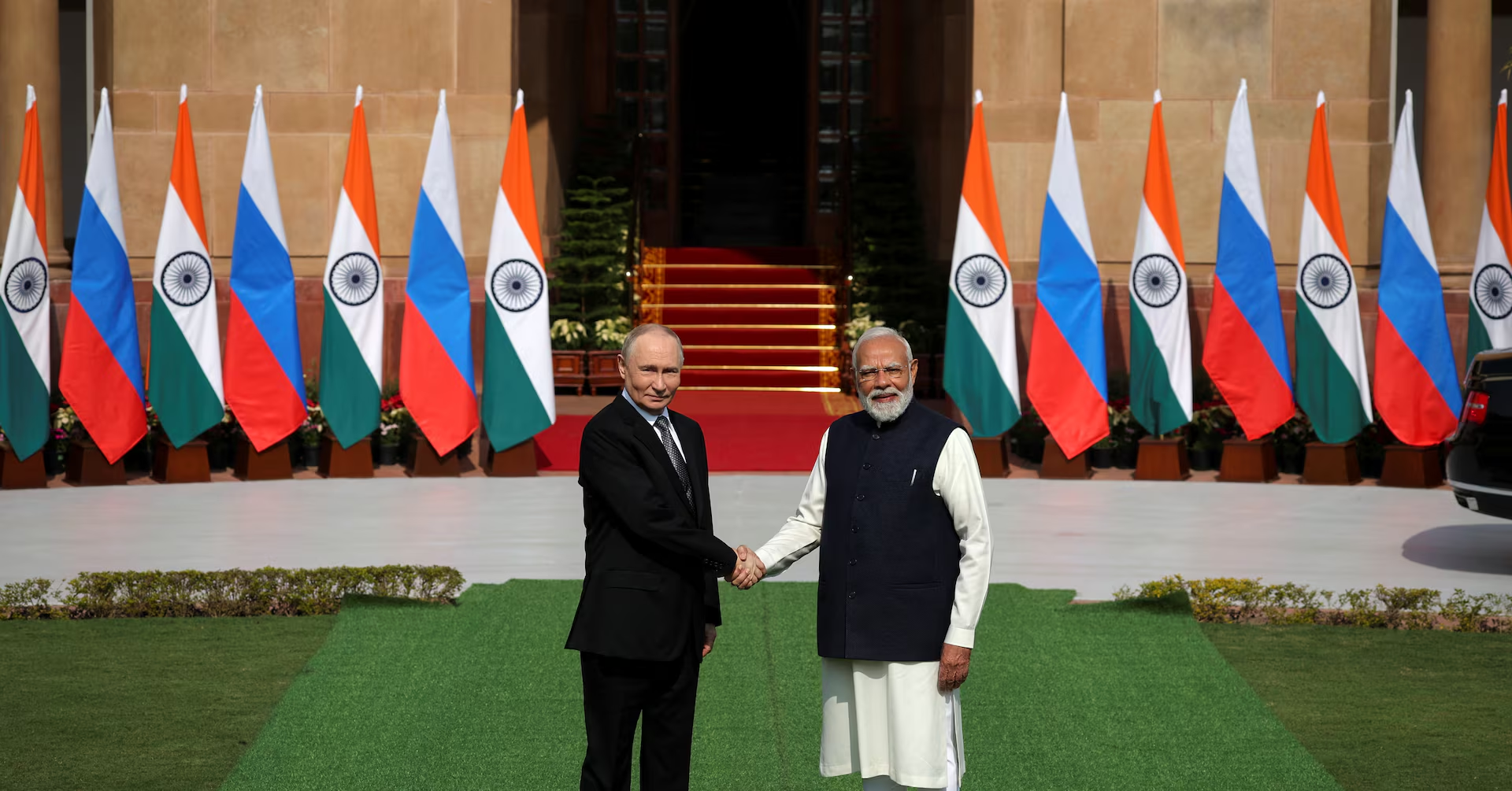CNN
—
The indictment of UnitedHealthCare CEO shooting suspect Luigi Mangione for murder as an act of terrorism involved multiple factors, prosecutors say, including a “frightening, well-planned, targeted” killing, as well as an outpouring of praise for the suspect and the tangible fear reported by executives since the shooting – but some legal experts caution the charge may be an overreach.
An unsealed, 11-count indictment on Tuesday charged Mangione, 26, with one count of murder in the first degree and two counts of murder in the second degree in the fatal shooting of Brian Thompson on December 4, along with other weapon and forgery charges.
A charge of murder in the first degree is rare in New York because it requires special elements related to the crime to be charged.
Under state law, murder in the first degree only applies to a narrow list of aggravating circumstances, including when the victim is a judge, a police officer or a first responder, or when the killing involves a murder-for-hire or an intent to commit terrorism.
At a news conference on Tuesday announcing the charges, Manhattan District Attorney Alvin Bragg and other top law enforcement officials said Mangione intended to intimidate and “evoke terror” with the killing.
Bragg emphasized the brazen shooting took place “in one of the most bustling parts of our city, threatening the safety of local residents and tourists alike, and commuters and businesspeople just starting out on their day.”
In the weeks since Thompson’s killing, officials have seen a “shocking and appalling celebration of cold-blooded murder,” said NYPD Commissioner Jessica Tisch at the same news conference.
“Social media has erupted with praise for this cowardly attack.”
“It was a cold and calculated crime that stole a life and put New Yorkers at risk,” Tisch continued. “We don’t celebrate murders, and we don’t lionize the killing of anyone, and any attempt to rationalize this is vile, reckless and offensive to our deeply held principles of justice.”
The next steps Mangione’s of legal process will be ruled on by a judge in Pennsylvania on Thursday at his extradition hearing.
Mangione faces a sentence of life in prison without the possibility of parole if convicted, Bragg’s office said.
An NYPD intelligence report previously obtained by CNN said investigators believed Mangione appeared to be driven by anger against the health insurance industry and “corporate greed.”
The killing of Thompson, a husband and father of two, laid bare many Americans’ fury toward the health care industry and Mangione garnered widespread support on social media after his arrest.
After the shooting, security firms were inundated with calls from concerned corporations asking to help keep their business leaders safe.
The intel report warned online rhetoric could “signal an elevated threat facing executives in the near-term.”
“Let me say this plainly, there is no heroism in what Mangione did,” said Tisch.
“This was a senseless act of violence.”
However, some legal experts contend prosecutors in New York overreached by charging Mangione with terrorism in the indictment.
One criminal defense attorney, Stacy Schneider, told CNN’s Jake Tapper on Tuesday prosecutors might face more challenges proving that argument in court.
“This victim was shot in the back of the head, not the front of the head, on a quiet sidewalk, early in the morning, in the dark. It doesn’t appear from a defense attorney’s perspective that this was intended to be a terroristic type of murder,” Schneider said.
Mangione’s defense team, according to Schneider, could move to dismiss the top count of murder against him, arguing the reactions following the killing were “unintended consequences.”
“The murder happened first, the outcry was second and totally unpredictable,” Schneider said. “So, I think this might be a case of overreaching on murder one.”
Including terrorism in the indictment – making Mangione eligible for life imprisonment – may be part of a broader strategy by the district attorney, according to former federal prosecutor Jessica Roth.
“By including that, the district attorney is setting up the conditions for a plea to a lesser charge where he has the possibility of, at some point, getting out of prison,” Roth said Tuesday on “Anderson Cooper 360.”
“If there isn’t a plea, it’s also setting up the condition for a jury compromise on that lesser charge,” Roth added.
Throwing the book at Mangione risks backlash from the public, which in some corners has treated the murder suspect as a folk hero, said criminal defense attorney Jeremy Saland, who is not representing Mangione.
“If you kill a police officer, that’s one thing. If you kill a witness to a crime, that’s something else, too, that would rise to this first-degree homicide or murder,” Saland told CNN’s John Berman.
“If I’m someone whose brother or sister or sibling was murdered on the street, why should a CEO’s murder be treated differently than my loved one?”
Rebecca Weiner, deputy commissioner of the NYPD’s Intelligence & Counterterrorism unit, said at the briefing the intent to intimidate or coerce a civilian population under New York’s terrorism statute is “very much borne out” in the reaction across corporations and “torrent of online threats.”
“We’ve had real world activity that the police commissioner flagged, which is abhorrent, and it causes concern,” Weiner said, adding the NYPD is working with its corporate security partners to ensure they are informed of best practices of flagging concerns.
“Not just general ambient concerns, but specific threats they might be receiving, that, a few weeks ago they might have written off as just noise in the online environment that they now take seriously,” Weiner continued.
“This was a killing that was intended to evoke terror and we’ve seen that reaction. This was not an ordinary killing,” Bragg said.
“Not to suggest that any killing is ordinary, but this was extraordinary.”
CNN’s Laura Dolan, John Miller, Shimon Prokupecz, Kara Scannell, Matt Egan, Lauren del Valle and Andy Rose contributed to this report.

